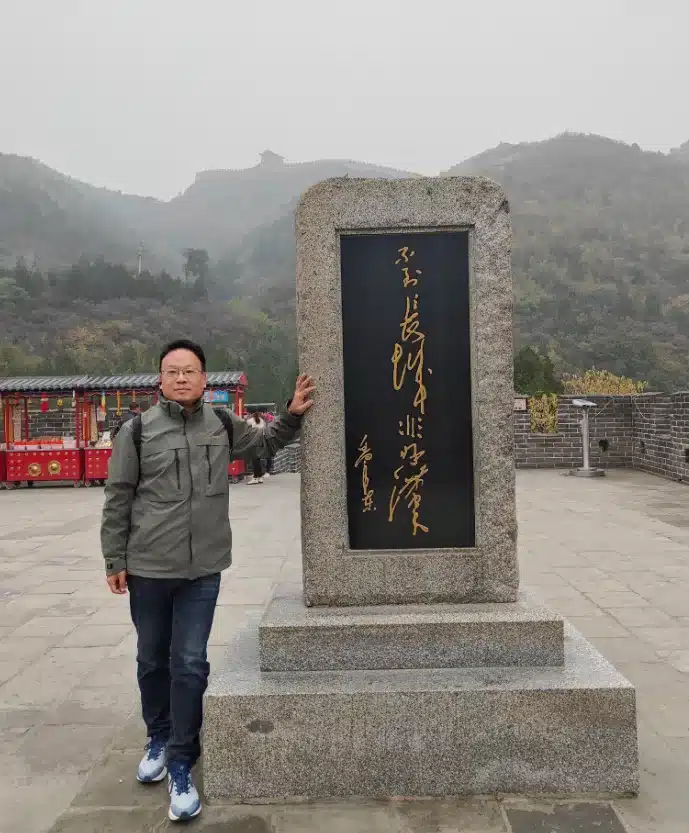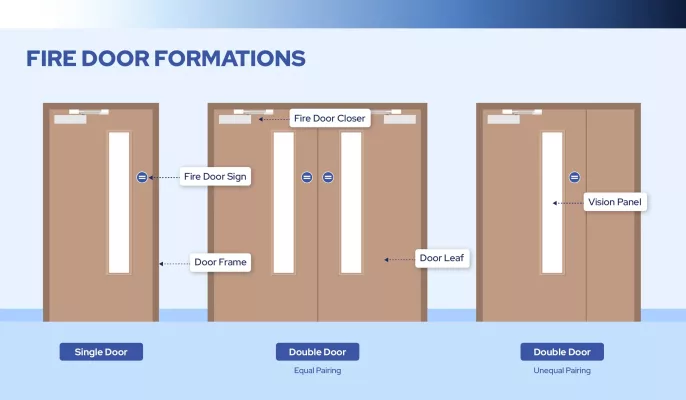FAQ 1: What Is the 3C Certification for Fire Doors in China?

The 3C Certification (China Compulsory Certification) is China’s mandatory safety approval for fire protection products. It verifies that fire doors meet the national standards such as GB 12955-2008 for wooden fire doors and GB 14102-2020 for steel fire doors.
Products with 3C certification undergo rigorous fire resistance tests, including flame exposure, temperature rise, and smoke control evaluations. Every certified product must carry a traceable 3C label issued by the certification authority.
FAQ 2: What Is UL Certification for Fire Doors in the United States?

The UL 10C certification is one of the most recognized testing standards in the U.S. and other international markets. It measures how well a fire door performs under positive pressure fire conditions, ensuring it can contain both heat and smoke.
UL certification also confirms compliance with NFPA 80 and International Building Code (IBC) standards. Manufacturers with UL approval, such as Yuankai Door Industry Co., Ltd., can legally supply tested fire-rated doors to American and global projects.
FAQ 3: What Is CE Certification in the European Union?
In Europe, all fire doors placed on the market must comply with CE marking according to EN 16034 and EN 1634-1 standards. These tests assess a fire door’s integrity (E), insulation (I), and radiation control (W) levels.
A CE-certified fire door ensures that it meets EU construction safety regulations and can be freely traded across member countries. The certification also reflects the manufacturer’s commitment to environmental protection and consistent quality management.
FAQ 4: What Is BS Certification for Fire Doors in the United Kingdom?
The BS 476 Part 22 and BS EN 1634-1 standards define the fire resistance requirements for doors used in the United Kingdom.
BS-certified doors are classified by time ratings such as FD30, FD60, FD90, and FD120, representing how many minutes they can withstand fire exposure.
Many Asian manufacturers cooperate with UK laboratories like Warringtonfire to achieve BS certification, ensuring their products meet British building regulations and can be used in government, hospital, and public construction projects.
FAQ 5: What Is ISO Certification for Fire Door Manufacturing?
Although ISO certification does not test fire resistance directly, it ensures that the manufacturer follows a recognized quality and management system.
ISO 9001 (Quality Management) confirms consistent production and quality control, while ISO 14001 (Environmental Management) guarantees sustainable production processes.
Factories such as Yuankai Door Industry Co., Ltd. integrate ISO systems into daily operations to maintain long-term product reliability and meet global customer expectations.
Note: This article is subject to change and is subject to change based on the specific qualification policies and related explanatory articles.


